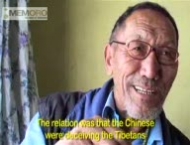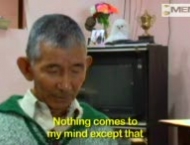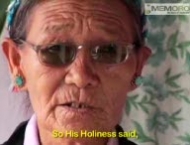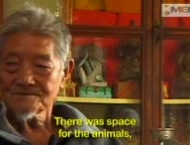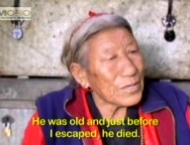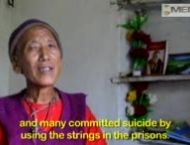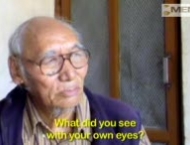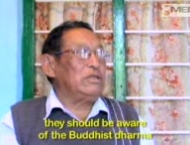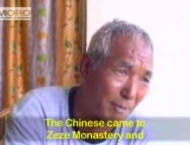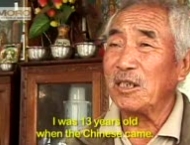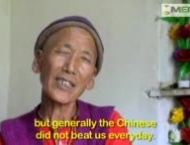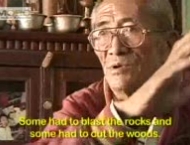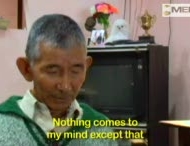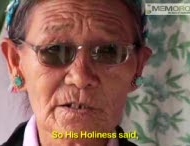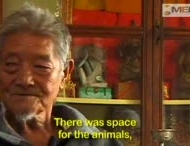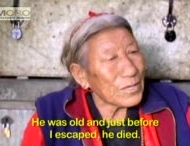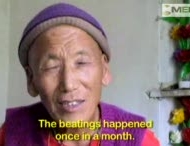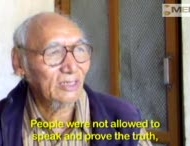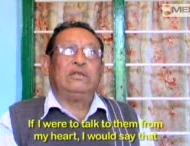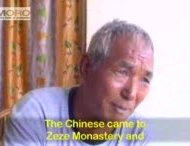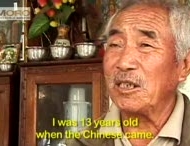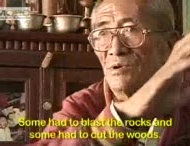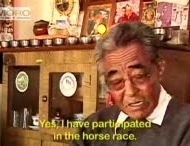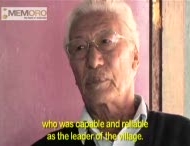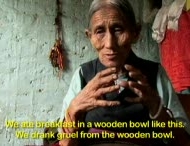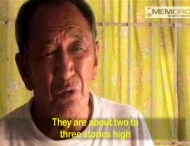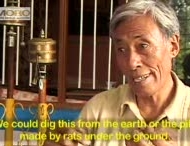THE TIBET ORAL HISTORY PROJECT

|
The Tibet Oral History Project (TOHP) films the oral histories of the oldest surviving Tibetan refugees in order to document, preserve and disseminate the culture, language and history ofthe Tibetan people. The elders' eyewitness accounts will ensure that the wisdom culture and true history of Tibet will not be erased by an occupying force, but will instead be preserved for generations to come. TOHP was founded in 2003 in response to a request of His Holiness the Dalai Lama, who emphasized the urgency of conducting interviews of elders forced to flee their homeland following the Chinese invasion before they pass away and their stories are lost forever. By interviewing refugees, we are not restricted by the Chinese as we would be in Tibet. As a result, our organization has recorded historically important, eyewitness accounts of the Chinese invasion and occupation of Tibet, as well as cultural and religious practices that are now being restricted or eliminated outright in Tibet by Chinese authorities. TOHP has videotaped the oral histories of 120 Tibetan elders from diverse backgrounds and all regions of Tibet, most living as refugees in India. This oral history collection is invaluable. It provides intimate portraits of the elders - the last generation to live in a free, unoccupied Tibet - and preserves for future generations the memories of their homeland. The Tibetan elders are invited to recount their childhood experiences in Tibet, their cultural and religious traditions, the impact of the Chinese invasion and occupation of Tibet, the conditions that forced them into exile, and discuss how they survived physically and spiritually. Our efforts have been encouraged and endorsed by His Holiness the Dalai Lama, the Tibetan Parliament, the Tibetan Cabinet and many Tibetan organizations. The United States Library of Congress has requested TOHP's entire current and future oral history collection and has also offered to serve as the permanent archive for TOHP's materials, ensuring these precious oral histories will be available worldwide for generations. Interview transcripts, video clips and more information about our work can be found on our website at www.tibetoralhistory.org. |

 US
US
 Italy-Italian
Italy-Italian United State-English
United State-English United Kingdom-English
United Kingdom-English Germany-German
Germany-German France-French
France-French Spain-Spanish
Spain-Spanish Spanish-Catalan
Spanish-Catalan Venezuela-Spanish
Venezuela-Spanish Argentina-Spanish
Argentina-Spanish Puerto Rico-Spanish
Puerto Rico-Spanish Cameroon-French
Cameroon-French Japan-Japanese
Japan-Japanese Greece-Greek
Greece-Greek Poland-Polish
Poland-Polish Korea
Korea Finland
Finland Austria
Austria

